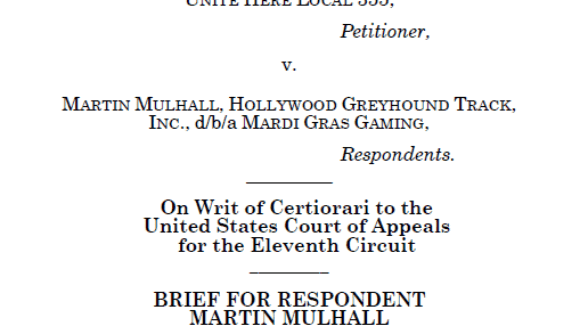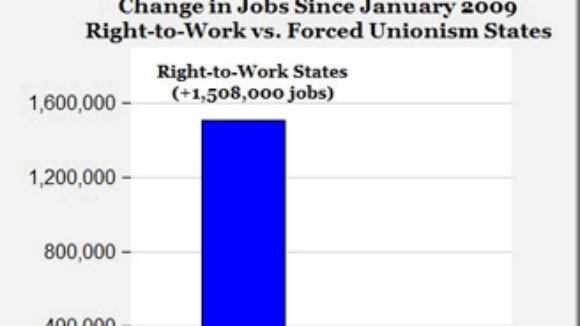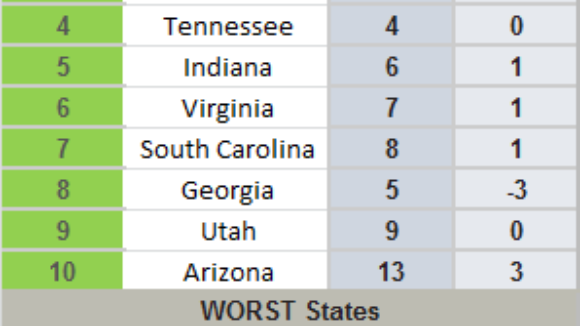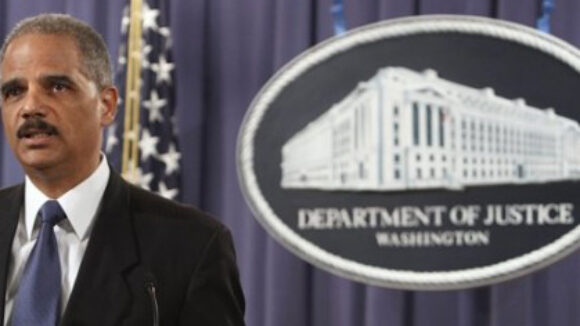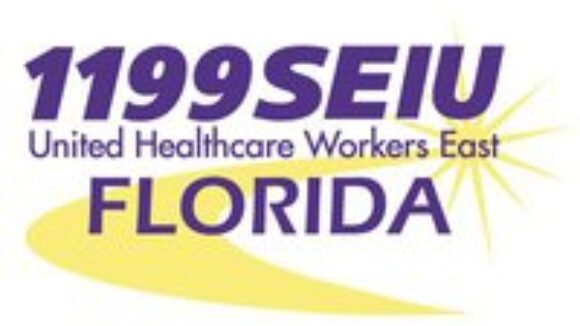Obama Administration Lawyer: Coercive 'Card Checks' Are a 'Favored Element of National Labor Policy'
The National Labor Relations Act (NLRA), the principal federal law regulating employer-employee relations in America’s private sector, purports to uphold the right to “form, join or assist labor organizations” and also “the right to refrain from” forming, joining or assisting…
